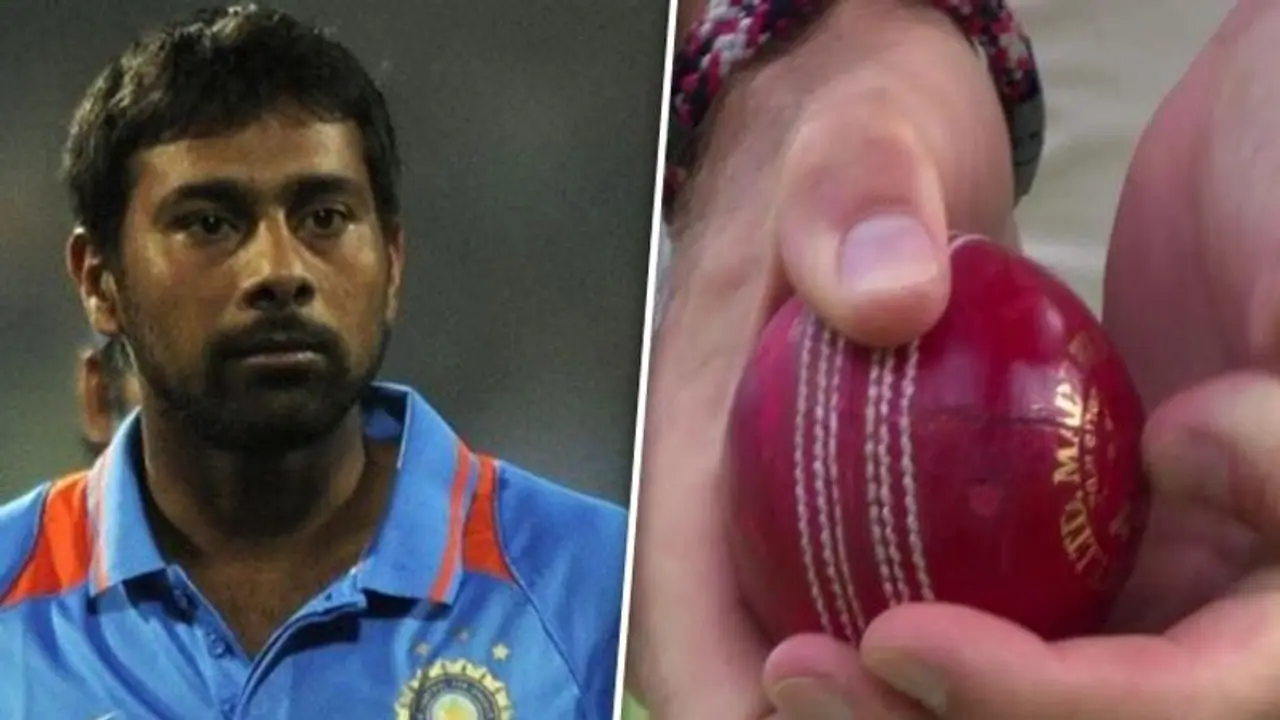In a candid revelation, former Indian pacer Praveen Kumar sheds light on the prevalent practice of ball-tampering among players, singling out Pakistan bowlers for their emphasis on enhancing reverse swing.
Praveen Kumar, former fast bowler of the Indian cricket team, has disclosed that ball-tampering was a widespread practice among players, with Pakistan bowlers engaging in it more frequently to enhance reverse swing. Reverse swing became a potent weapon for fast bowlers in the 1990s, with Pakistani bowlers earning a reputation as experts in this skill. Speaking in an interview with Lallantop, Praveen acknowledged that players used to scratch the ball from one side to induce reverse swing. However, he emphasized that even after tampering, one must possess the skill to effectively utilize reverse swing in bowling.

"Everyone does a little bit; they (Pakistan bowlers) do it a bit more. That's what I've heard. Now, there are cameras everywhere. Earlier, everyone used to do it. And everyone knows as well. They would scratch it from one side. But you need to know how to use that skill, too. If I scratch the ball and give it to someone, one will need to have the skills to reverse-swing it. One has to learn that," Praveen stated in the interview.
In other cricket news, Rohit Sharma and Virat Kohli are set to make a high-profile return to India's T20 squad for the upcoming series against Afghanistan, with Rohit appointed as the captain. The series kicks off in Mohali on January 11. Rohit and Kohli last played a T20 for India in the World Cup semifinal against England in November 2022, and their return brings experience to the team's top order. The initial plan of transitioning T20 captaincy to Hardik Pandya was hindered by Pandya's injury and Suryakumar Yadav's recent ligament tear, leading to a lack of experience at the top of the batting order.
Also Read: South African wicketkeeper-batter Heinrich Klaasen bids adieu to red-ball cricket
